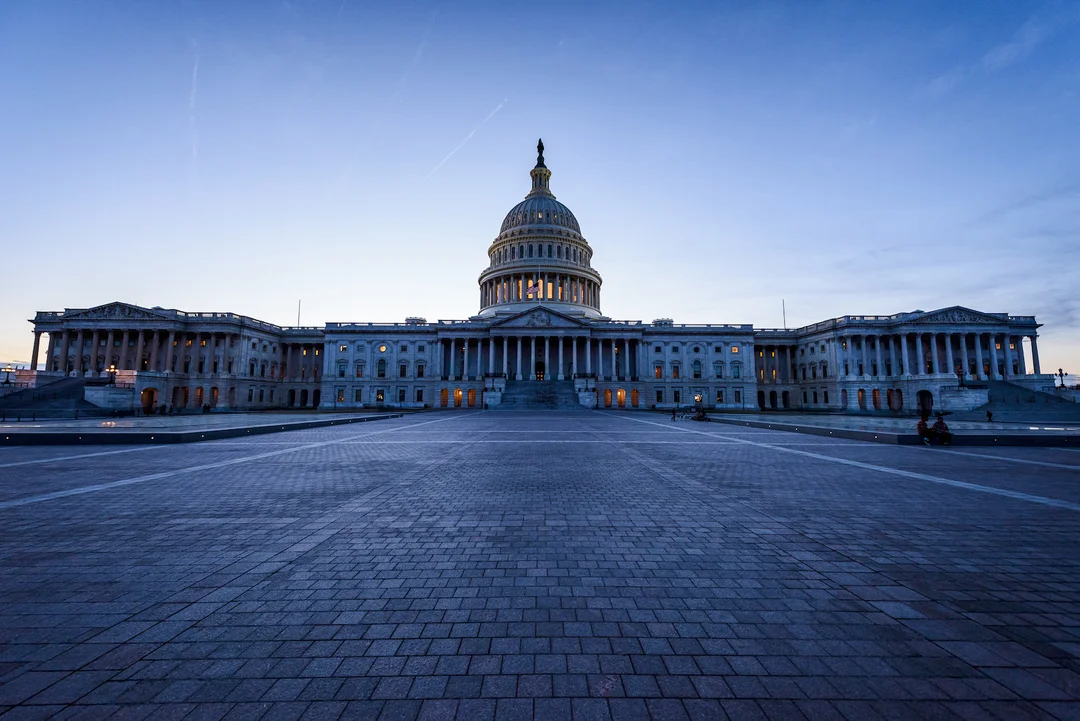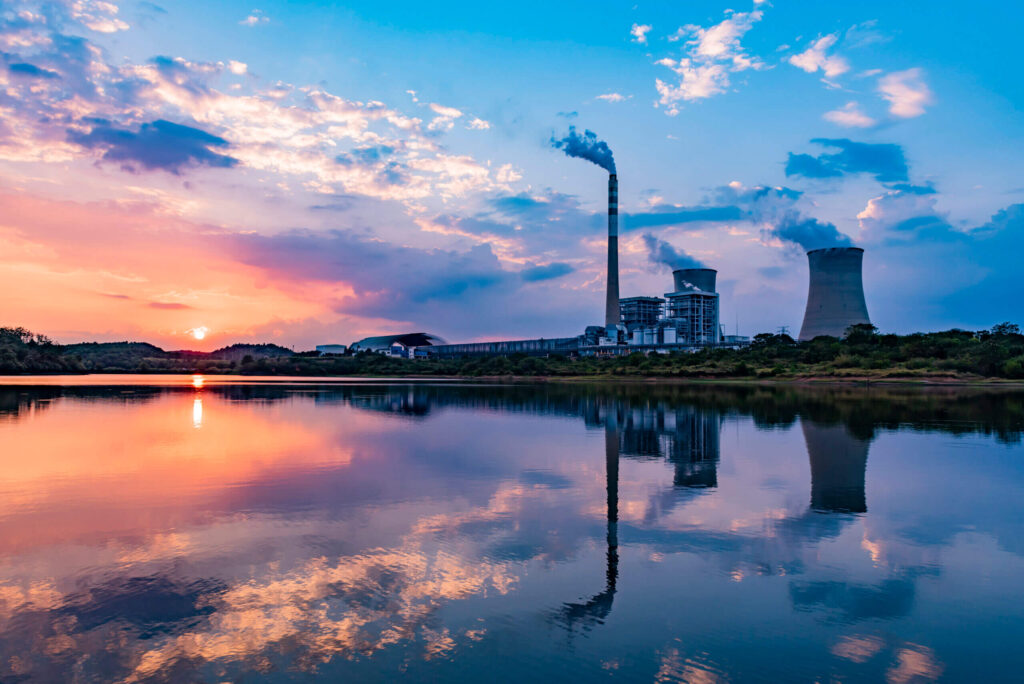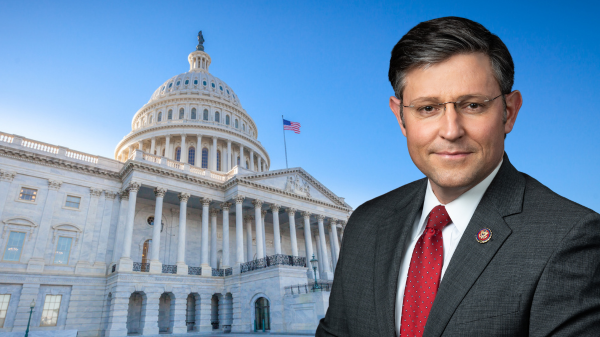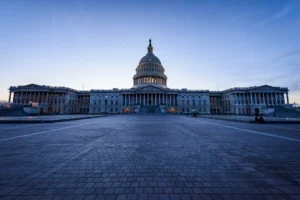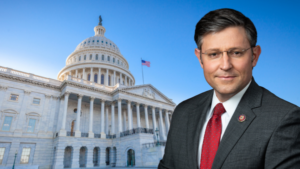In a political landscape often marked by division, Bipartisan a remarkable consensus has emerged: Americans across the political spectrum overwhelmingly support federal clean energy initiatives. Recent polling reveals an extraordinary 87% approval rate for clean energy tax credits, challenging conventional wisdom about partisan energy politics.
Breaking Down the Bipartisan Support
The groundbreaking poll, conducted by Global Strategy Group (GSG), North Star, and the Solar Energy Industries Association (SEIA), unveils some striking statistics:
- 87% of all American voters support federal clean energy tax credits
- 78% of 2020 Trump voters favor these incentives
- Only 10% of Trump voters strongly oppose the policies
The Electoral Impact
The political implications of these findings are significant. When voters face a choice between:
- A Democrat supporting clean energy incentives
- A Republican advocating for repeal
The Democrat gains a commanding 17-point advantage – a remarkable 14-point boost from the standard generic ballot.
Why Americans Support Clean Energy
The poll reveals multiple factors driving this broad support:
- Economic Benefits
- 75% believe solar benefits the U.S. economy
- 74% agree solar adoption will reduce family energy costs
- Growing job opportunities in the clean energy sector
- Grid Reliability
- 71% confirm solar with storage enhances grid reliability
- Increased energy independence
- Enhanced power system resilience
The Inflation Reduction Act’s Impact
The Treasury Department’s data demonstrates the tangible effects of the solar Investment Tax Credit:
- Over 750,000 American households benefiting
- Strong adoption in battleground states
- Nevada and Arizona leading in rooftop solar installation
Consumer Interest and Market Growth
The enthusiasm extends beyond mere approval:
- Over 50% of respondents interested in home solar installation
- Growing adoption rates across different regions
- Increasing accessibility through tax incentives
State-Level Success Stories
Key battleground states are seeing particular success:
- Nevada’s expanding solar market
- Arizona’s leadership in adoption rates
- Growing installation numbers across diverse communities
The Political Implications
For lawmakers, the message is clear:
- Strong voter support across party lines
- Electoral advantages for clean energy supporters
- Weak opposition even among conservative voters
- Broad recognition of economic benefits
Expert Perspectives
According to SEIA president and CEO Abigail Ross Hopper:
“Every American wants lower electricity prices and greater energy security — and that’s precisely what federal clean energy policies are delivering.”
Looking Ahead: The Future of Clean Energy Policy
The broad support for clean energy incentives suggests:
- Continued growth in residential solar adoption
- Expanding economic opportunities
- Strengthening energy independence
- Growing bipartisan cooperation
Investment and Development
Key areas of ongoing development include:
- Infrastructure expansion
- Technology improvements
- Job creation
- Economic growth opportunities
The overwhelming bipartisan support for clean energy incentives represents a rare moment of national unity. As these policies continue to deliver tangible benefits to American families and communities, their popularity is likely to grow further, potentially reshaping the political landscape around energy policy.
